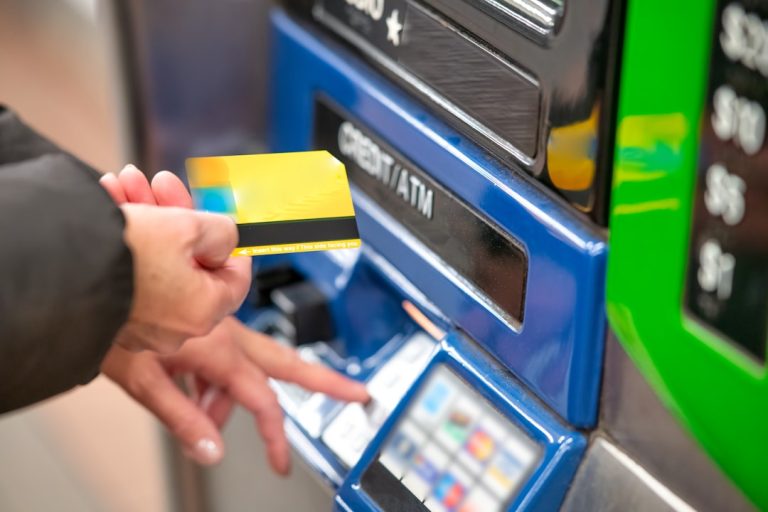Secured Credit Cards: A Comprehensive Guide to Building Credit
Secured credit cards are a valuable tool for individuals looking to establish or rebuild their credit. Whether you have no credit history or a poor credit score, secured credit cards offer a pathway to improving your creditworthiness. In this guide, we will delve into the world of secured credit cards, how they work, their benefits, and how to choose the right one for your financial goals.
What are Secured Credit Cards?
Secured credit cards are a type of credit card that requires a security deposit as collateral. This deposit acts as a safety net for the lender in case the cardholder fails to make payments. The deposit amount typically determines the credit limit on the card. For example, if you provide a $500 deposit, your credit limit will likely be $500.
How Do Secured Credit Cards Work?
When you use a secured credit card to make purchases, the activity is reported to the major credit bureaus – Experian, Equifax, and TransUnion – just like with a traditional credit card. By making on-time payments and keeping your credit utilization low, you can build a positive credit history over time.
If you default on your payments, the issuer can use your security deposit to cover the outstanding balance. It’s important to treat your secured credit card responsibly to reap the benefits of improved credit.
The Benefits of Secured Credit Cards
There are several advantages to using a secured credit card:
- Build Credit: Secured credit cards offer a way to establish or rebuild your credit history.
- No Credit Check: Since you provide a security deposit, issuers are more willing to approve applicants with limited or poor credit.
- Low Risk: Your security deposit mitigates the risk for the issuer, making it easier for individuals with no credit history to get approved.
- Upgrade Opportunities: With responsible card use, some issuers may offer you an unsecured card in the future.
Choosing the Right Secured Credit Card
When selecting a secured credit card, consider the following factors:
- Security Deposit: Look for a card that requires an affordable deposit that fits your budget.
- Fees: Compare annual fees, interest rates, and any other charges associated with the card.
- Credit Reporting: Ensure that the issuer reports your payment activity to all three major credit bureaus.
- Upgrade Options: Check if the issuer offers opportunities to transition to an unsecured card in the future.
Tips for Using a Secured Credit Card Wisely
To maximize the benefits of a secured credit card, follow these tips:
- Pay on Time: Make timely payments each month to build a positive payment history.
- Keep Balances Low: Aim to keep your credit utilization below 30% to demonstrate responsible credit usage.
- Avoid Overspending: Stick to a budget and only charge what you can afford to pay off each month.
- Monitor Your Credit: Regularly check your credit report for errors and track your progress in building credit.
In Conclusion
Secured credit cards are an excellent tool for establishing or rebuilding your credit history. By using them responsibly and making on-time payments, you can pave the way towards better financial opportunities. Remember to choose a secured credit card that aligns with your needs and financial goals, and always practice good credit habits to set yourself up for success.
If you’re ready to take control of your finances and improve your credit score, consider applying for a secured credit card today!






